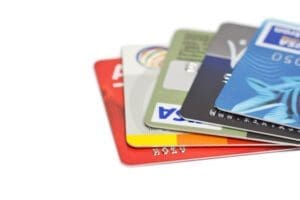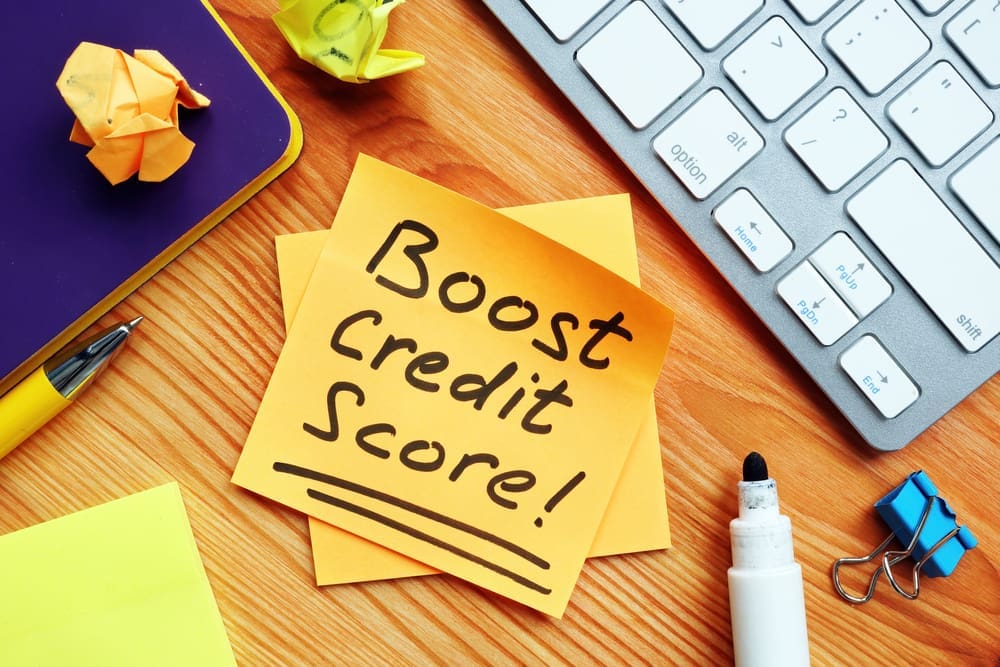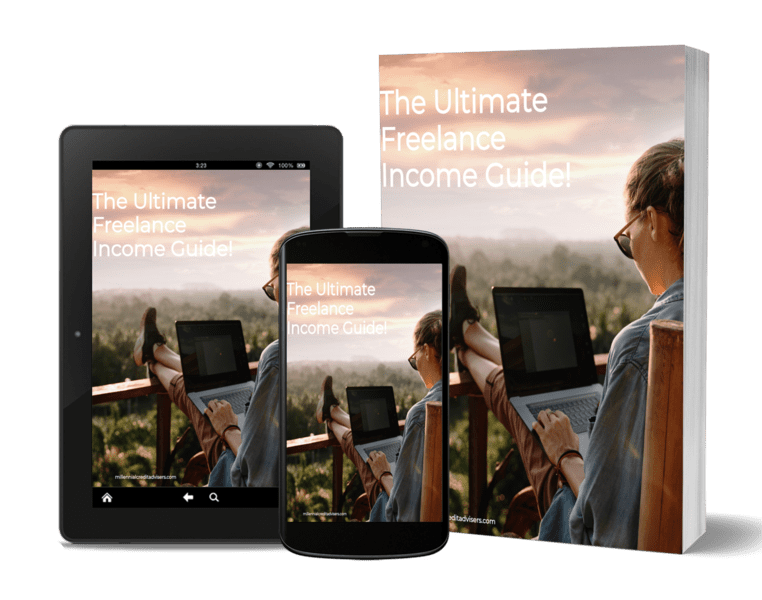Becoming Debt-Free – A Guide to Budgeting, Expense Management, and Debt Repayment Strategies. Find Out More In Our Latest Article!
THIS ARTICLE MAY CONTAIN AFFILIATE LINKS, MEANING I GET A COMMISSION IF YOU DECIDE TO MAKE A PURCHASE THROUGH MY LINKS AT NO COST TO YOU. PLEASE READ MY AFFILIATE DISCLOSURE FOR MORE INFO.
Don’t Have Time To Read The Full Article. Here’s What You Are Missing.
- Assessing Income and Expenses
- Setting Financial Goals
- Allocating Resources Wisely
- Implementing Expense Management
- Cutting Unnecessary Spending
- Prioritizing Expenses
- Using Tools and Apps for Tracking
- What Are The Best Debt Repayment Strategies
- Which debt repayment strategy is the most successful
- Negotiating with Creditors
- Consolidating Debts
- Maintaining Financial Discipline
- Monitoring Progress
- Adjusting the Plan as Needed
- Avoiding New Debt
- Frequently Asked Questions
To attain financial independence and reduce stress, it is essential to employ a mix of budgeting, managing expenses, and repaying debts.
Individuals can take control of their finances and achieve their goals by developing and sticking to a personalized plan.
The first step towards becoming debt-free is developing a personal budget. This involves examining income and expenses closely and creating a plan for spending money each month.
Implementing expense management strategies is crucial to staying on track with the budget. This includes finding ways to cut back on unnecessary expenses, find more cost-effective alternatives for necessary expenses, and start growing the savings.
Once a budget is in place and expenses are controlled, it’s time to focus on debt repayment strategies. There are many different approaches to paying off debt, including the snowball, avalanche, and debt consolidation.
Choosing the best strategy depends on individual circumstances and goals. Developing a Personal Budget
Creating a personal budget is an essential first step in becoming debt-free. It involves assessing income and expenses, setting financial goals, and allocating resources wisely. By doing so, you can clearly understand your financial situation and identify areas where you can cut back on spending.
Assessing Income and Expenses
The first step in creating a personal budget is to assess your income and expenses. This involves calculating your monthly income and all your costs, including fixed expenses like rent or mortgage payments, utilities, car payments, and variable expenses like groceries, entertainment, and clothing. You can use a budget tracking app or a simple spreadsheet to keep track of your costs.
Setting Financial Goals
You can begin setting financial goals once you clearly understand your income and expenses. This involves identifying your short-term and long-term financial objectives, such as paying off credit card debt, saving for a down payment on a home, or planning retirement. You should also set a timeline for achieving these goals and track your progress regularly.
Allocating Resources Wisely
Finally, you must allocate your resources wisely to achieve your financial goals. This involves prioritizing your expenses and cutting back on unnecessary spending. You may need to make tough choices, such as downsizing your living arrangements or giving up expensive hobbies, but the payoff is worth it in the long run.
By developing and sticking to a personal budget, you can take control of your finances and achieve financial freedom. It requires discipline and commitment, but the rewards are worth the effort.
Implementing Expense Management
Implementing expense management is crucial to becoming debt-free. By keeping track of expenses and cutting unnecessary spending, individuals can free up more money for debt repayment. Here are some strategies to help implement expense management:
Cutting Unnecessary Spending
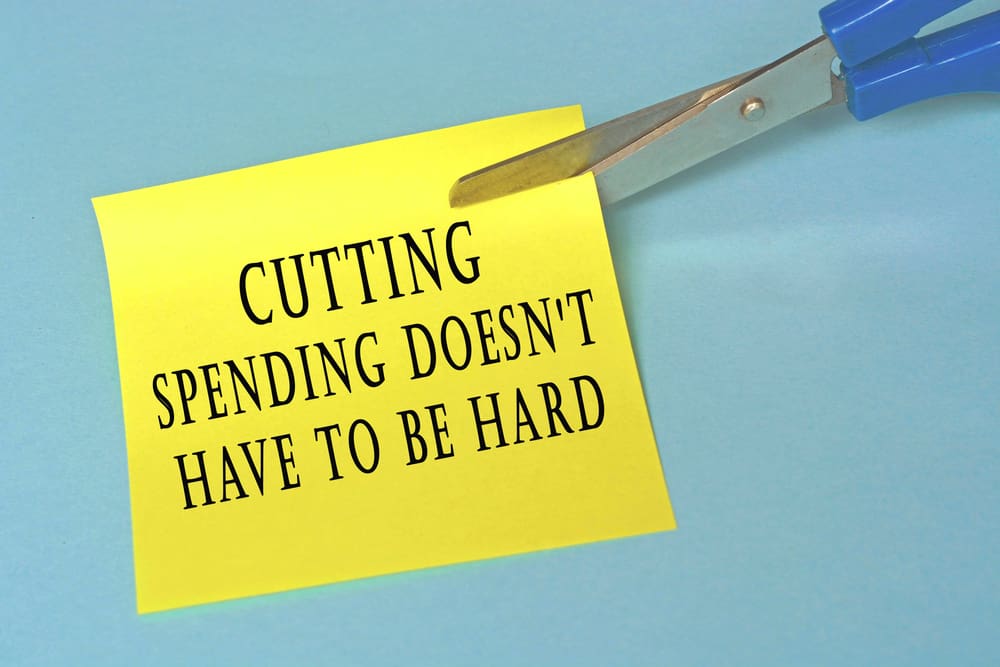
The first step towards managing expenses is identifying areas where you can cut spending. This could include eating out less, reducing entertainment expenses, or cutting back on subscription services. Individuals can free up more money for debt repayment by identifying areas where spending can be reduced. You don’t have to deprive yourself. Remember, the ultimate goal is to become debt-free.
Prioritizing Expenses
Once unnecessary spending has been cut, it’s crucial to prioritize expenses. This means identifying which expenses are essential and which are not. Necessary expenses include rent or mortgage payments, utilities, and groceries. Non-essential expenses include cable TV or gym memberships. By prioritizing and focusing on essential expenses, individuals can ensure they are not overspending on non-essential items.
Using Tools and Apps for Tracking
One of the most effective ways to implement expense management is using tools and apps to track expenses. Many free online tools can help individuals track their expenses and identify areas where spending can be reduced. For example, Empower is a popular budgeting app that allows users to track expenses, create budgets, and set financial goals. These tools and apps allow individuals to stay on top of their finances and make informed spending decisions.
Implementing expense management is a crucial step towards becoming debt-free. By cutting unnecessary spending, prioritizing expenses, and using tracking tools and apps, individuals can free up more money for debt repayment and achieve financial freedom.
What Are The Best Debt Repayment Strategies
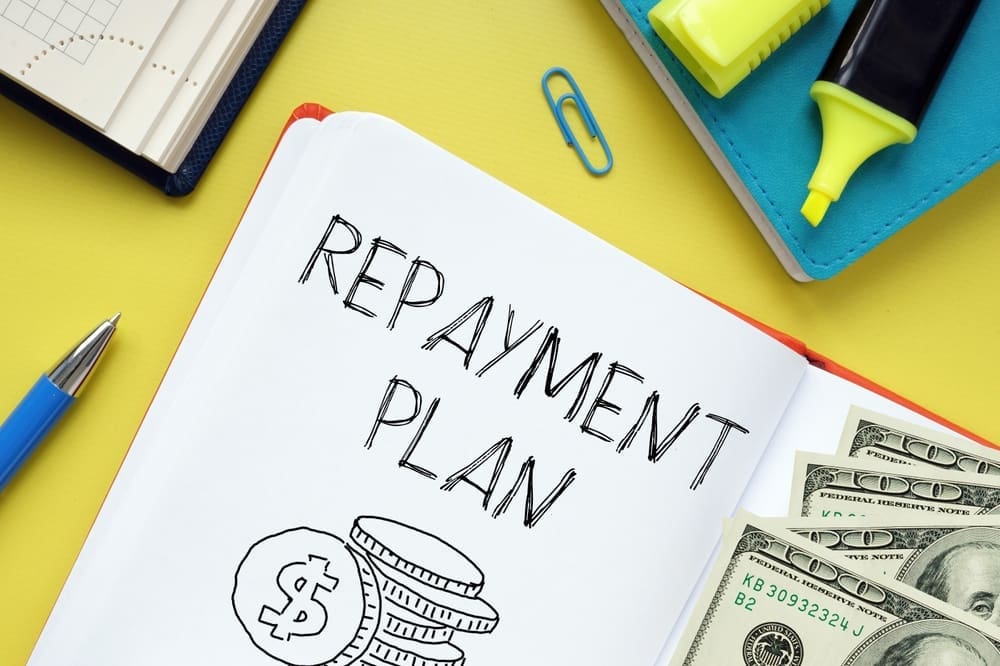
Becoming debt-free requires a combination of budgeting, expense management, and debt repayment strategies. By creating a solid plan and sticking to it, you can achieve financial freedom and live a more stress-free life. Here are some of the best debt repayment strategies to help you get started:
Which debt repayment strategy is the most successful
According to a National Bureau of Economic Research study, the debt snowball method is the most successful debt repayment strategy. This method involves paying off your debts from the smallest to the most significant balances, regardless of interest rates. Focusing on paying off smaller debts first gives you momentum and motivation to continue paying off more substantial debts.
Negotiating with Creditors
Negotiating with creditors can be an effective debt repayment strategy, especially if you struggle to make monthly payments. You can negotiate with creditors to lower your interest rates, waive fees, or even settle your debt for less than what you owe.
Consolidating Debts
Consolidating your debts can be a helpful debt repayment strategy if you have multiple debts with high interest rates. This involves taking out a loan to pay off all your debts, leaving you only one monthly payment. This helps simplify your finances and lower your interest rates, making it easier to pay off your debt.
The best debt repayment strategy will depend on your financial situation. Creating a budget and assessing your options is essential to determine which approach is right for you. With a solid plan and a commitment to sticking to it, you can become debt-free and achieve financial freedom.
Maintaining Financial Discipline
Once a solid plan to become debt-free has been created, the next step is to maintain financial discipline. This involves monitoring progress, adjusting the plan, and avoiding new debt.
Monitoring Progress
It is essential to track progress towards becoming debt-free regularly. This can be done by reviewing bank statements, credit card statements, and other financial records. Tracking income and expenses will make it easier to identify areas where spending can be reduced, and savings can be increased.
Adjusting the Plan as Needed
As circumstances change, adjusting the debt repayment plan may be necessary. For example, if unexpected expenses arise, reduce debt payments temporarily to cover these expenses. Alternatively, if income increases, it may be possible to increase debt payments and become debt-free more quickly. By regularly reviewing the plan and making adjustments as needed, it will be easier to stay on track toward becoming debt-free. Debt Demolition – Unleashing the Potential of the Debt Meltdown Method.
Avoiding New Debt
To become debt-free, it is essential to avoid taking on new debt. This can be done by living within one’s means and avoiding unnecessary expenses. Sacrificing to pay off existing debt may also be necessary. For example, cutting back on dining out, entertainment, and other non-essential expenses may be required to free up money for debt repayment.
Maintaining financial discipline makes it possible to become debt-free and achieve financial freedom. By monitoring progress, adjusting the plan as needed, and avoiding new debt, one can live a more stress-free life and enjoy economic security benefits.
Frequently Asked Questions
What are effective strategies for reducing debt?
There are several effective strategies for reducing debt. One popular method is the debt snowball method, where you pay off your smallest debts first and then work up to larger ones. Another method is the debt avalanche method, where you first pay off your debts with the highest interest rates. It is also essential to create a budget and stick to it, avoid taking on new debts, and consider debt consolidation or negotiation with creditors.
Can you outline a plan to eliminate debt within a year?
Eliminating debt within a year is a challenging but achievable goal. The first step is creating a budget and determining how much money can be allocated towards monthly debt repayment. Next, prioritize debts based on interest rates and begin paying off the smallest debts first. It is also essential to avoid taking on new debts and consider ways to increase income, such as taking on a side job or selling unwanted items.
How does achieving a debt-free status contribute to a perception of wealth?
A debt-free status can contribute to a perception of wealth in several ways. It can increase disposable income, reduce stress and anxiety, and provide financial security. Additionally, being debt-free can improve credit scores and make it easier to obtain loans or credit in the future.
What potential drawbacks might one encounter when living without debt?
While living without debt can have many benefits, there are also potential drawbacks. For example, obtaining certain types of loans or credit with a credit history may be much easier. Additionally, without debt, there may be less incentive to save or invest money, limiting long-term financial growth.
What psychological benefits are associated with being free from debt?
Being free from debt can have several psychological benefits, such as reduced stress and anxiety, improved self-esteem, and increased feelings of financial control and security. It can also provide a sense of accomplishment and motivation to continue making positive financial decisions.
What are some beginner-friendly tips for managing money and minimizing debt?
Some beginner-friendly tips for managing money and minimizing debt include creating a budget and tracking expenses, avoiding unnecessary purchases, negotiating bills and expenses, and considering ways to increase income. It is also essential to prioritize debt repayment and avoid taking on new debts.
Disclaimer: Millennial Credit Advisers is not a licensed credit service provider or financial advisor. We don’t offer credit repair, debt management, or legal services. Educate yourself on saving, reducing debt, and managing credit for economic improvement. Understand credit reports, scores, and financial products. Consult a financial advisor for personalized advice. Track your progress for a better credit journey.
Written content – “Please view our full AI Use Disclosure.”




